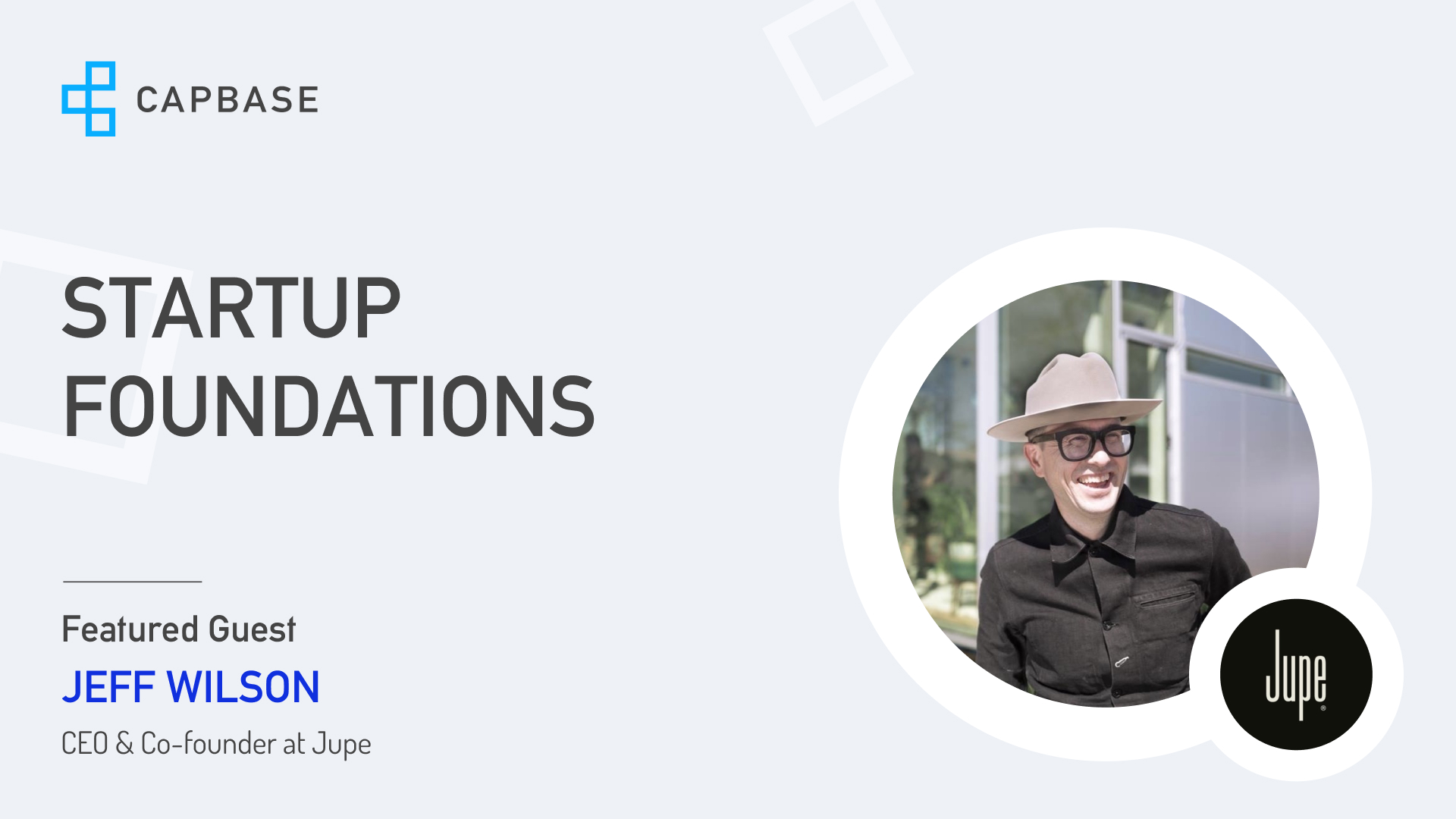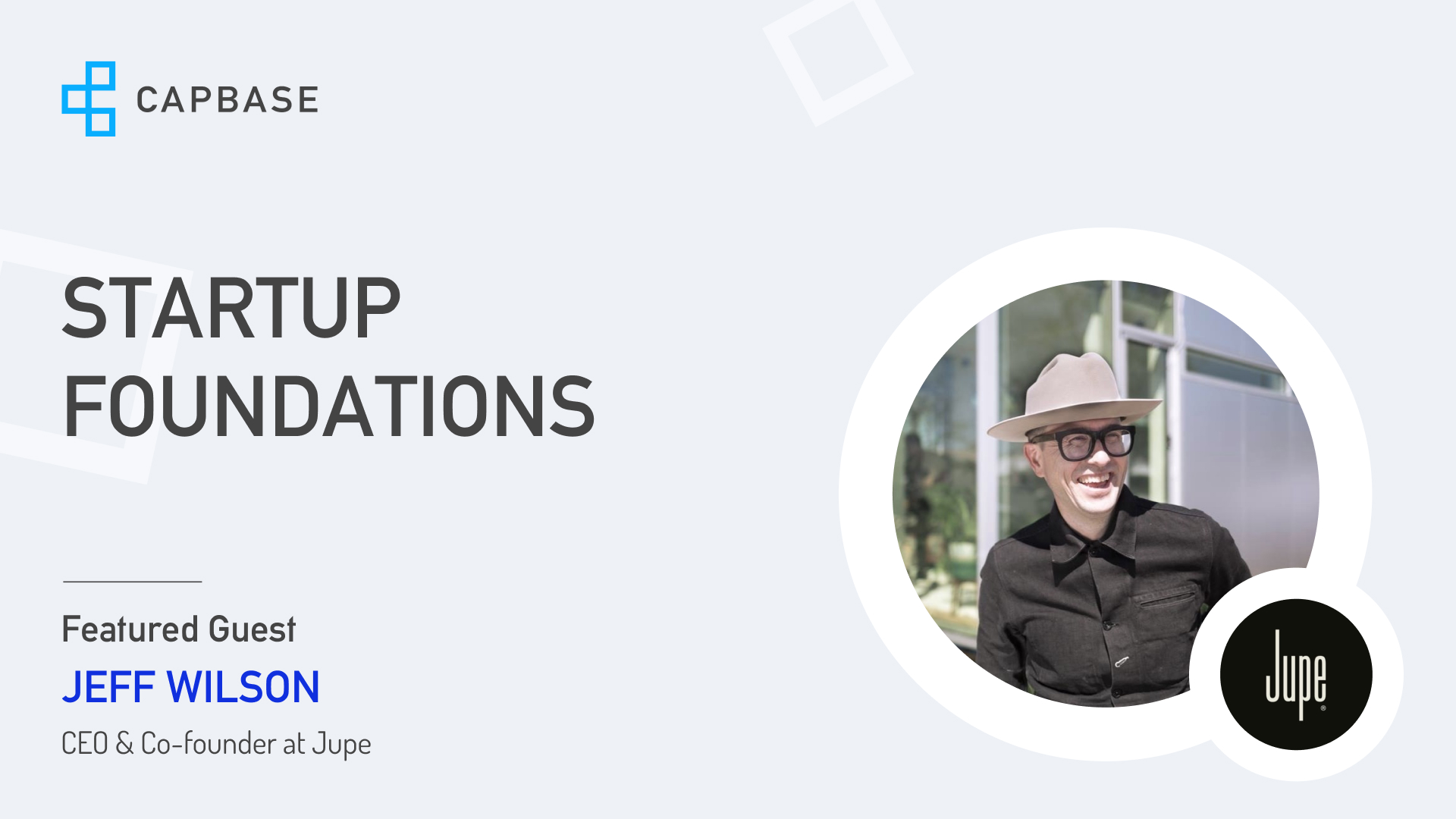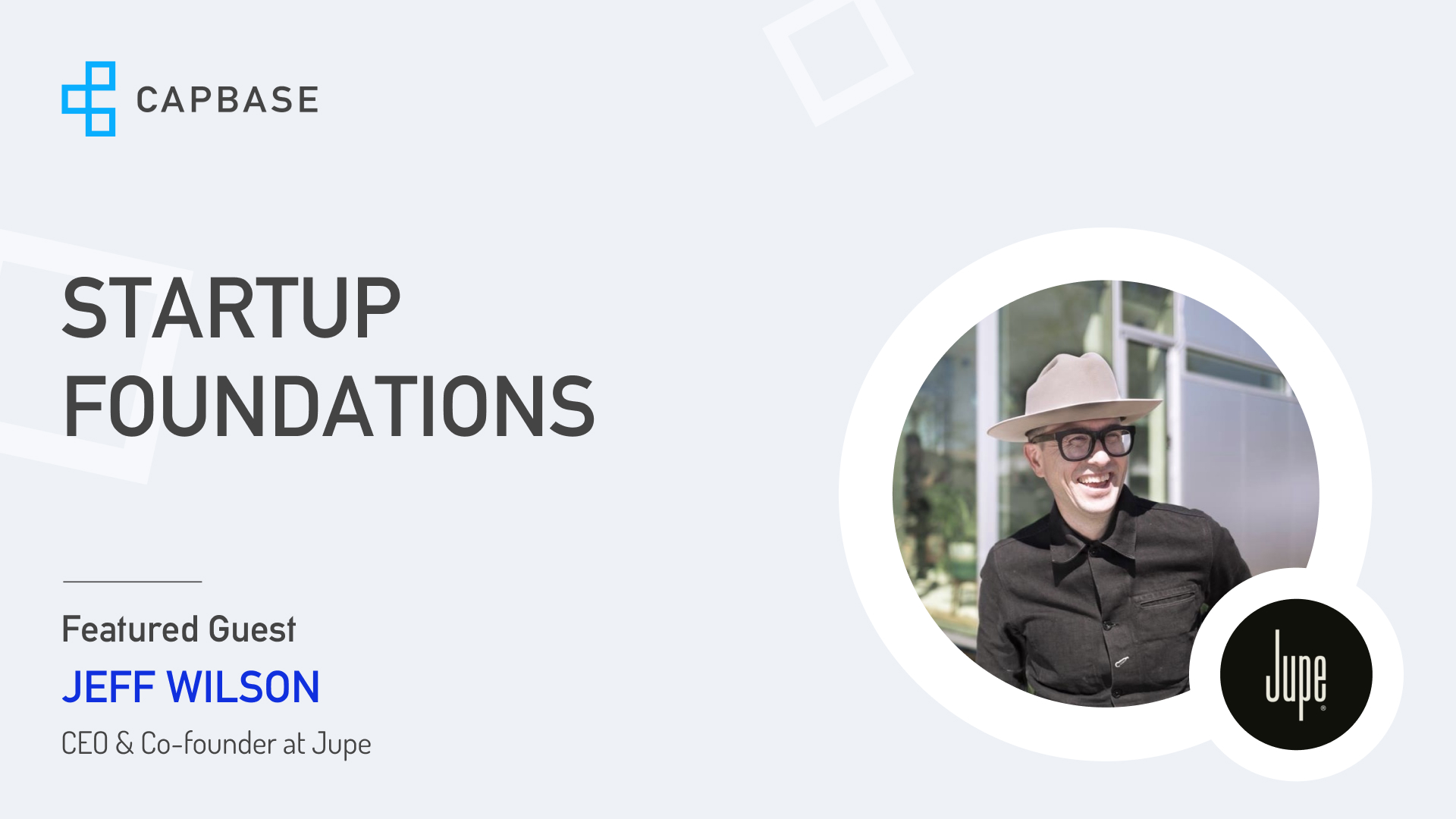Unable to find episode, please check link.
About This Episode
As Professor Dumpster, Jeff has lived in a 33 sq. ft. modified trash dumpster as part of an environmental education and minimalist housing experiment. His work on sustainability and minimalism has been covered broadly by publications like Forbes, The Atlantic, NY Times, and The Washington Post.
Jeff talked to us about his “Dumpster Project” as well as his previous and current startup ventures. As an entrepreneur, Jeff has founded and built a micro housing startup, Kasita, that was sold off in 2018. Jeff’s latest company Jupe, has been a part of the recent Y Combinator batch, and Jeff also highlights what he learned from that experience.
In our conversation with Jeff we also discuss the details of how his current product works, the challenges of building a hardware company, picking the right co-founder, and… fundraising at the urinals.
Episode transcript
Greg Miaskiewicz:
So, we'd like to talk about the very beginning stories on Startup Foundations. So how did you first become an entrepreneur? How did you get interested in big business startups, high-intensity interval capitalism?
Jeff Wilson:
I like that term. Is there an acronym?
Greg Miaskiewicz: It's HIIC.
Jeff Wilson:
HIIC. Well, I'm a sixth generation Texan.
Greg Miaskiewicz: Natural born HIIC.
Jeff Wilson:
So it's a weird story. I've been an environmental science professor, a tenured professor. Safest job in the world. I decided I wanted to do this experiment around minimal living and around waste. So I convinced the university administration, to let me live in a 33 square foot dumpster for a year. An actual used trash dumpster and convert into a home. When you have aspirations as a professor of being part of the 1%, it's probably going to have nothing to do with wealth.
So I just went with, I'll live in 1% the volume of the average American home, own 1% of the stuff and consume 1% of the energy and water.
So did this and began moving my little dumpster house around the city and playing with coding officials and planning and learning how to design small spaces. And at one point, as you're laying in your dumpster at night, looking up at the heavens through the roof, this idea came to me of making the iPhone of housing. An integrated piece of hardware and software.
Of course, there's an iPhone at Tesla and Uber and everything I learned later. But it seemed like a good
enough idea. I moved out of the dumpster, raised my first check and started a company called Kasita.
Jeff Wilson: So I was still at the university. I'd heard there was a board meeting that day and I knew we had a coupleof really rich board members. So I was kind of lurking around outside of the boardroom. And I literally followed one of the gentlemen on the board, down to the men's room... not my proudest moment. So he's at the urinal. This guy's name is Mr. Hena.
So I roll up to the urinal next to him, started doing my thing. And "Hey, are you Mr. Hena?". He gives me an awkward kind of side-eye and says "Yes." I'm like, "I'm professor Wilson, the guy that lives in the dumpster. I've got something I want to pitch you." And he sort of finishes off and says, "Well, let mewash my hands and I'll give you a card." So 36 hours later, I'm in this guy's mansion in West Austin, pitching him the deck I put together between the bathroom experience. And then, and he says, "I'm in."
And I said, "10, 20 grand?" He goes, "No, 100." It's like, oh my fucking God. People will actually give memoney to do this. So I'm not going to recommend to any of you, this is necessarily a strategy to employ, but you just got to do what you got to do, to get that early money in. That's my first check ever. My firstcheck into this latest enterprise, was a little bit more conventional. It was my mom. $1,000.
Greg Miaskiewicz: They still believe in you, even though you decided to live in a dumpster?
Jeff Wilson: Yeah. Not much, but they believe. They believe $1,000 worth. So they have a safe. She's on the captable. Mom's on the cap table.
Jeff Wilson: First off, you're looking for a vesting schedule that's one in four. No matter what. Next, think about a Venn diagram and think about not only your skills here in one circle, but your personality traits.
Think about your Co-founder and their personality traits and their skills. This is almost asymptotic. These should only be touching at a few points. Those circles overlap on mission. Right? What are you doing? Vision doesn't necessarily has to happen yet. Mission, values and grind, commitment. That third one becomes a thing.
This is not a world for almost anyone. It is so hard. And there're so many hours, that if you can not absolutely work your ass off and you're not built like that, you're not going to make it.
Greg Miaskiewicz: Being a founder is definitely not a 40 hour work week. I remember the first time I did a company, there were months of 80 to 100 hour weeks.
Jeff Wilson: It's not even a 40 hour sleep week.
Greg Miaskiewicz: Yeah. I'll also have that experience. It's a little easier the second time around.
Jeff Wilson: It is a little bit. But if you're sleeping a lot or if you're not working very hard, then you may not be doing something hard enough. Right? This whole idea of work smarter, not harder, in startups you have to do both if you're doing something big. It's hard. And not a lot of people are cut out for that. Not a lot of people are. You got to be a little fucking crazy.






